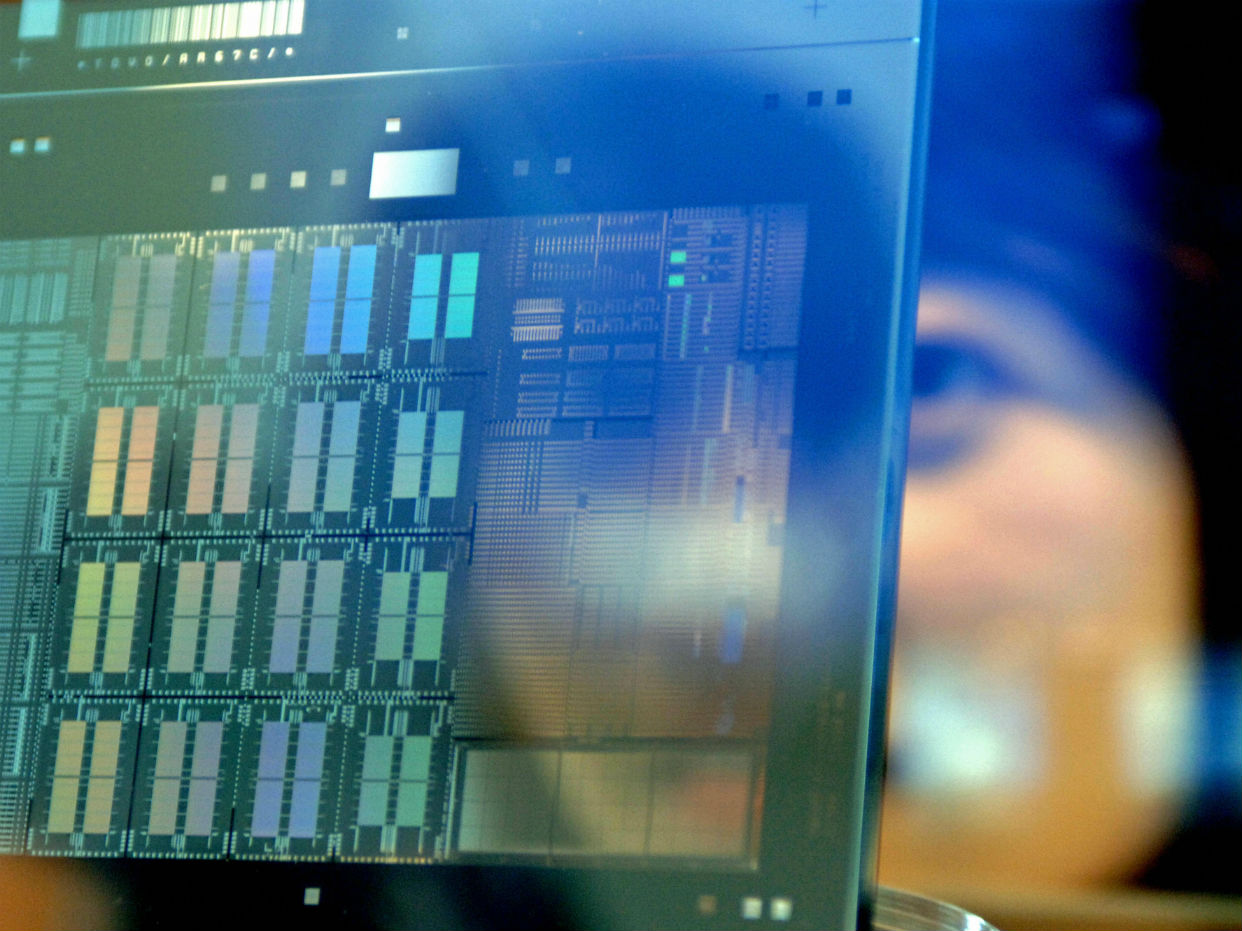- Joined
- Nov 6, 2007
- Messages
- 14,280
- Location
- North Oxfordshire
- Car
- His - Denim Blue A220 AMG Line Premium / Hers - Obsidian Black R172 SLK55
From the front page of the FT today:

Yet another example of how JIT supply chains are vulnerable to rapid changes in demand.
I wonder if the penny will actually drop this time? One would have hoped that the Fukushima disaster and the disruption to deep global supply chains that caused would have encouraged a shift to greater supply chain resilience, but apparently not.

Yet another example of how JIT supply chains are vulnerable to rapid changes in demand.
I wonder if the penny will actually drop this time? One would have hoped that the Fukushima disaster and the disruption to deep global supply chains that caused would have encouraged a shift to greater supply chain resilience, but apparently not.



